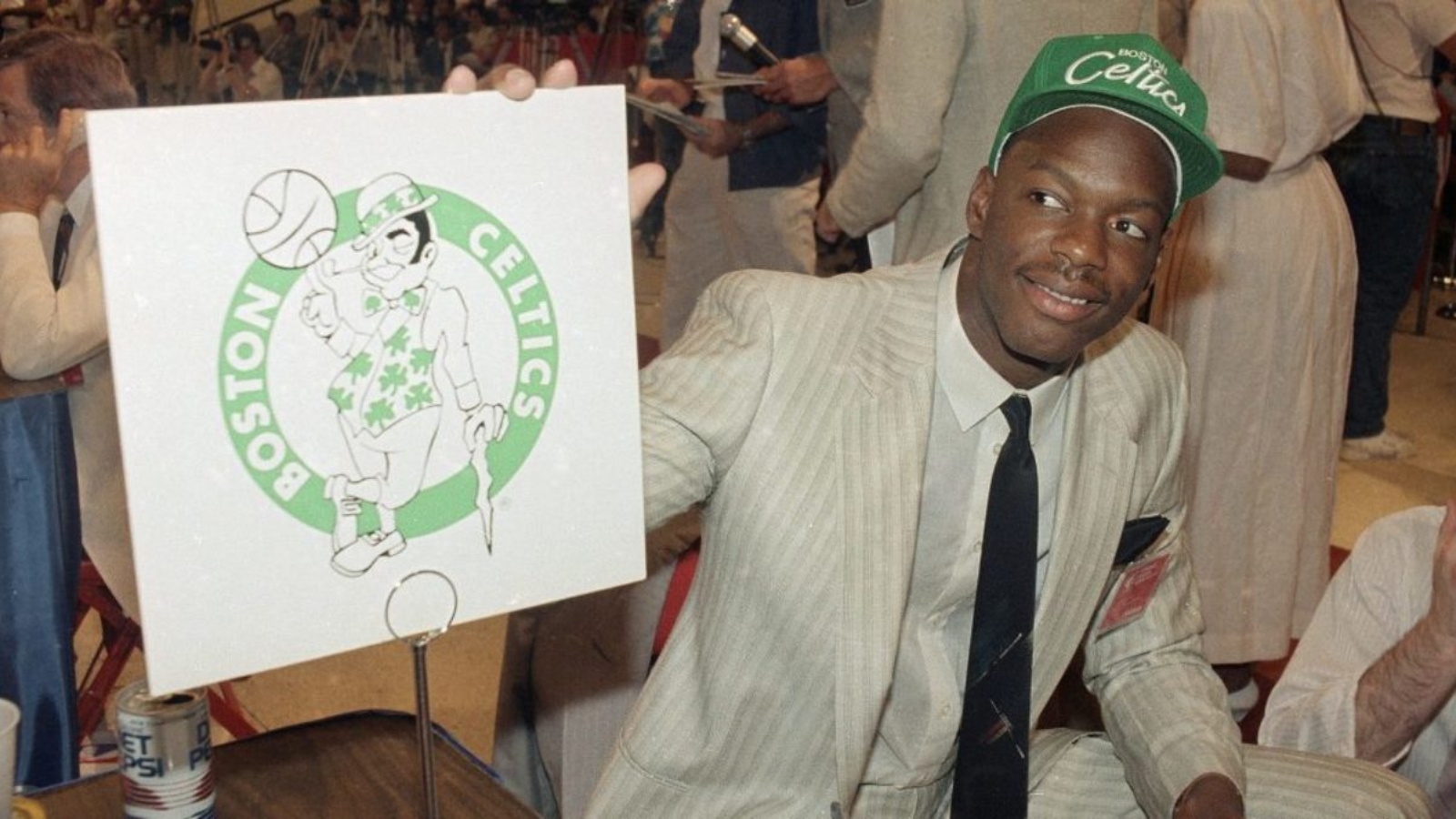Len Bias’s death on June 19, 1986, remains a significant and tragic event in sports history. Bias, a star basketball player for the University of Maryland, was expected to have a bright future in the NBA after being selected second overall by the Boston Celtics in the 1986 NBA Draft. His death, just two days later, from a cardiac arrhythmia induced by a cocaine overdose, shocked the sports world and had lasting implications.
Here are some key points about Len Bias and the events surrounding his death:
- Promising Career: Len Bias was highly regarded for his athleticism and potential. During his college career at Maryland, he was known for his scoring ability, rebounding, and defensive prowess.
- NBA Draft: On June 17, 1986, Bias was selected by the Boston Celtics with the second overall pick in the NBA Draft. The Celtics, having just won the NBA Championship, saw Bias as a key piece for their future.
- Tragic Night: After returning to Maryland, Bias attended an off-campus gathering and later went back to his dorm room. It was there, in the early hours of June 19, that he had a seizure and collapsed. Efforts to revive him were unsuccessful, and he was pronounced dead later that morning.
- Cause of Death: An autopsy revealed that Bias had died from a cardiac arrhythmia triggered by cocaine use. His death underscored the dangers of drug use and had a profound impact on public awareness.
- Impact and Legacy: The death of Len Bias led to widespread media coverage and significant reactions from the sports community, policymakers, and the public. It prompted a reevaluation of drug policies in sports and contributed to the passage of the Anti-Drug Abuse Act of 1986, which increased federal penalties for drug offenses.
- Cultural Significance: Bias’s death is often cited in discussions about the pressures faced by young athletes and the consequences of drug abuse. His story is a reminder of the fragility of life and the importance of making informed choices.
Len Bias’s legacy endures not just because of what he accomplished on the court, but also because of the lasting impact his untimely death had on sports culture, drug policy, and public health awareness.

 Cart is empty
Cart is empty 

